Wearing skirts all year round generally does not directly cause cold legs, but cold stimulation may increase the risk of joint discomfort. Old cold legs are usually associated with factors such as joint degeneration and poor blood circulation, with cold being just one of the triggers. If you don't pay attention to keeping your legs warm when wearing skirts in daily life, it may cause local vascular constriction due to long-term exposure to cold, affecting blood circulation around the knee joint. Especially during autumn and winter seasons or in air-conditioned rooms, cold air can exacerbate muscle stiffness and joint synovial fluid viscosity, causing some people to experience symptoms such as soreness, pain, and old cold legs. This type of situation can be improved by adding leggings, using knee pads, etc. After the cold stimulation is eliminated, the symptoms can be relieved. Organic lesions caused by wearing skirts are relatively rare. The core causes of old cold legs are often osteoarthritis, rheumatic diseases, or venous insufficiency, manifested as pathological changes such as joint cartilage wear and accumulation of inflammatory factors. This type of disease requires intervention through heat therapy, medication, or surgery, and simply keeping warm cannot cure it. If there is persistent pain, morning stiffness, or joint deformation, rheumatoid factors should be promptly screened and X-rays taken to confirm the diagnosis.

It is recommended that women wear skirts of appropriate thickness according to the temperature, avoiding prolonged sitting on cold floors or exposure to cold winds. Daily low impact exercises such as brisk walking and swimming can promote blood circulation in the lower limbs, and moderate supplementation of vitamin D and calcium can maintain bone health. People with joint discomfort can use cartilage protectants such as glucosamine under the guidance of a doctor, or use moxibustion, infrared therapy, and other auxiliary methods to improve symptoms.



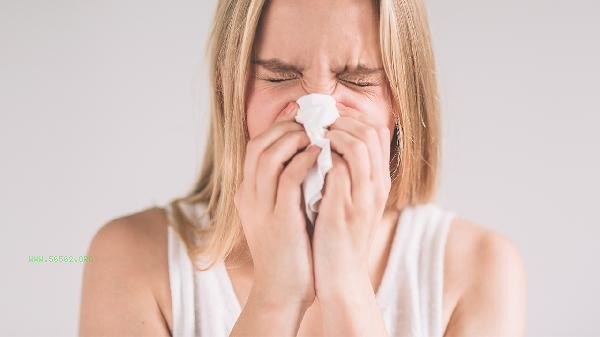
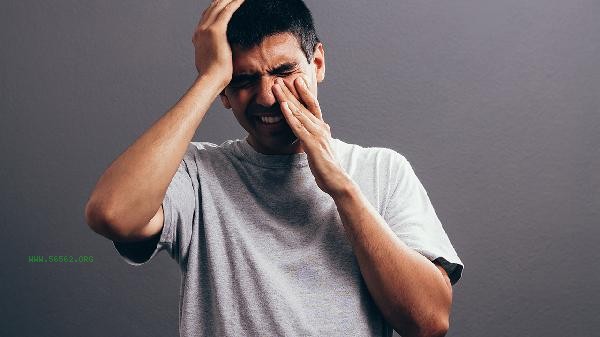
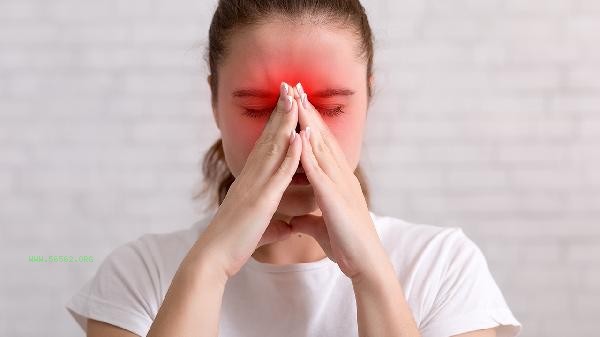
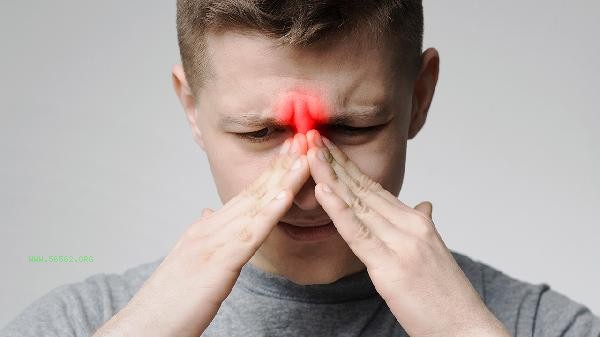
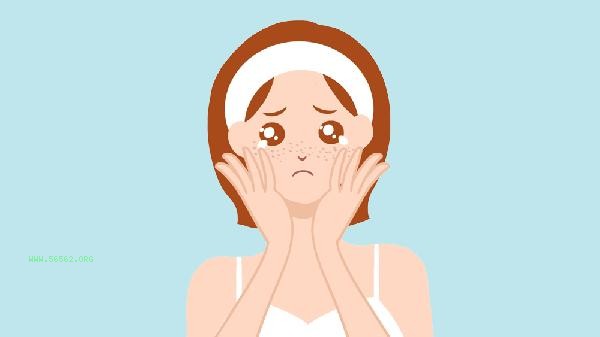



Comments (0)
Leave a Comment
No comments yet
Be the first to share your thoughts!